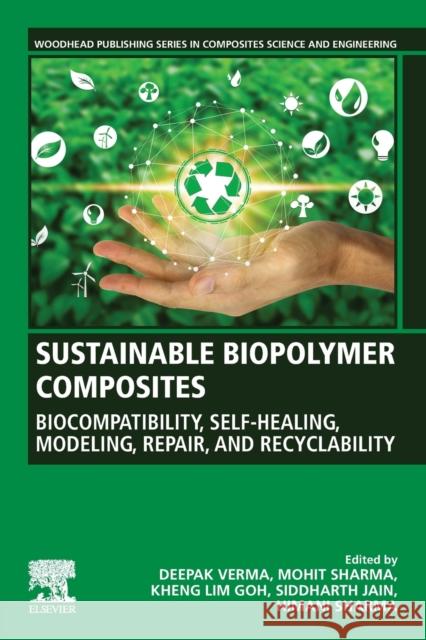Sustainable Biopolymer Composites: Biocompatibility, Self-Healing, Modeling, Repair and Recyclability » książka
topmenu
Sustainable Biopolymer Composites: Biocompatibility, Self-Healing, Modeling, Repair and Recyclability
ISBN-13: 9780128222911 / Angielski / Miękka / 2021 / 312 str.
Sustainable Biopolymer Composites: Biocompatibility, Self-Healing, Modeling, Repair and Recyclability
ISBN-13: 9780128222911 / Angielski / Miękka / 2021 / 312 str.
cena 951,16
(netto: 905,87 VAT: 5%)
Najniższa cena z 30 dni: 943,38
(netto: 905,87 VAT: 5%)
Najniższa cena z 30 dni: 943,38
Termin realizacji zamówienia:
ok. 16-18 dni roboczych.
ok. 16-18 dni roboczych.
Darmowa dostawa!
Kategorie:
Kategorie BISAC:
Wydawca:
Woodhead Publishing
Seria wydawnicza:
Język:
Angielski
ISBN-13:
9780128222911
Rok wydania:
2021
Numer serii:
000904758
Ilość stron:
312
Waga:
0.41 kg
Wymiary:
22.86 x 15.24 x 1.65
Oprawa:
Miękka
Wolumenów:
01
Dodatkowe informacje:
Bibliografia











